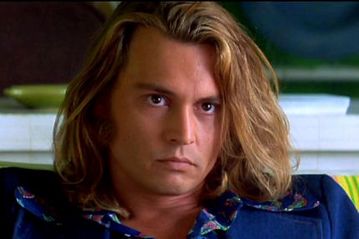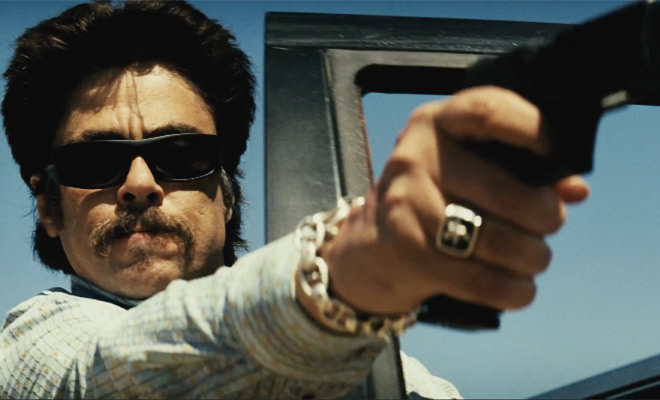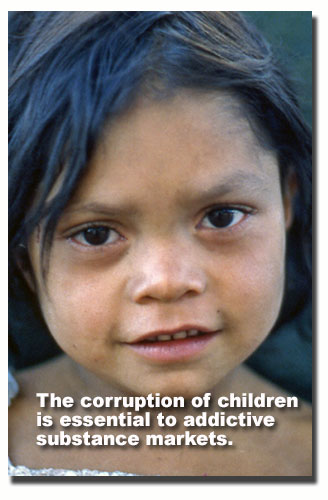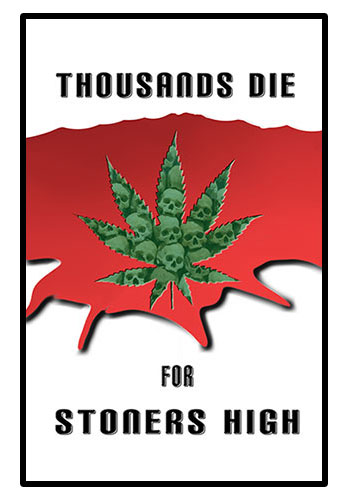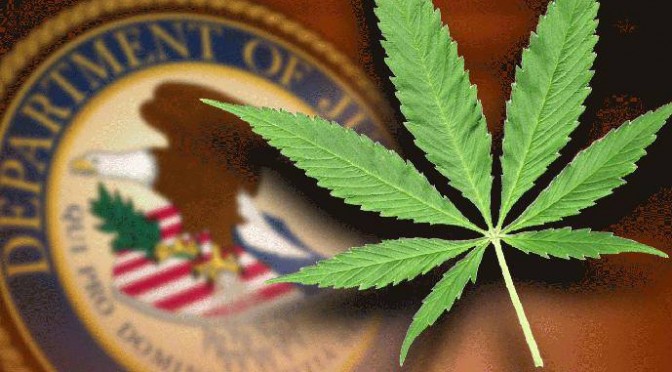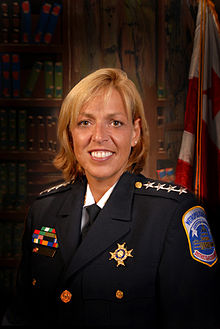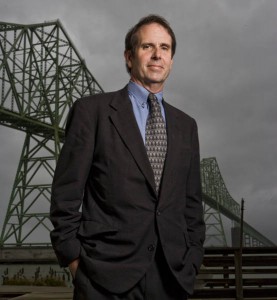By Roger Morgan, Founder/Chairman Take Back America Campaign America has gone from leading 92 countries in the fight against narcotics to a rogue nation with a federal government that has largely abandoned its responsibility to enforce drug laws. Marijuana, the enemy within, is rightly classified a Schedule I drug because it has no accepted medical use and has the potential for harm. Isolated components of the plant, like CBD, do appear to have medicinal value, but the marijuana being sold today as medicine has been bio engineered to be high in THC, the psychoactive ingredient, and void of CBD, because 98% of the “patients” just want to get high.
In 1979 by Keith Stroup, founder of NORML (National Organization for Reform of Marijuana Laws), announced at Emory University that the term “medical marijuana” would be used as a red herring to give pot a good name as a first step toward full legalization. It has been a long, patient plan, but obviously working thanks to the help of a few billionaires, with George Soros at the helm. Owing to a propaganda campaign financed by Soros, and now deceased Peter Lewis (former Chairman of Progressive Insurance) and John Sperling (founder of Phoenix University), Californians approved Prop 215 in 1996 to provide “medical marijuana” out of compassion for the chronically ill. In reality it had nothing to do with compassion, but was simply the first step in the long journey to legalize pot, with no concern for the social consequences for mankind.
Public Health and Safety is the first and most important priority of governments at all levels. Unfortunately, when the federal government fails to enforce the law, the burden falls to the States. When the States fail, the burden falls on local communities, which is exactly what has happened in California. In spite of the fact that the State collects between $58 and $105 million a year taxing marijuana, the money goes into the general fund leaving local government with burden of mental illness, suicides, declining academic achievement, more welfare, traffic deaths and crime. As an example, 54% of arrestees in the Sacramento area test positive for marijuana, 80% for all drugs. But crime isn’t the only problem.
Marijuana is s fat soluble toxin that stays in the body and brain longer than any other drug. Unlike water soluble alcohol where one ounce is excreted from the body in 12 hours, half the THC from pot remains in the body and brain for a month, compounding with each additional joint. It weakens the immune system, increases the chance of cardiac arrest, leads to respiratory problems and cancer, and causes more DNA damage than even heroin based on studies done over 30 years ago, when the THC content was only 1/2 to 2%. Today the THC content averages 15%, goes as high as 37% in smoked form, and up to 90% as wax (BHO). It doesn’t kill by overdose, but almost all of the 114 Americans who die every day from drug overdose started their drug journey with pot.
Marijuana’s biggest impact is on the brain, which isn’t fully developed until age 25. Until it is, particularly during adolescence, marijuana can cause irreversible brain damage and subsequent loss of IQ by as much as 8 points. Pot is a causal factor in suicidal depression; psychosis including schizophrenia and paranoia; psychotic episodes leading to violent acts; impaired cognition, learning and memory; double the risk of traffic accidents and death; addiction; and causes death or physical deformities to a fetus. Unfortunately, the majority of consumers are 25 and under, peaking at age 19 or 20.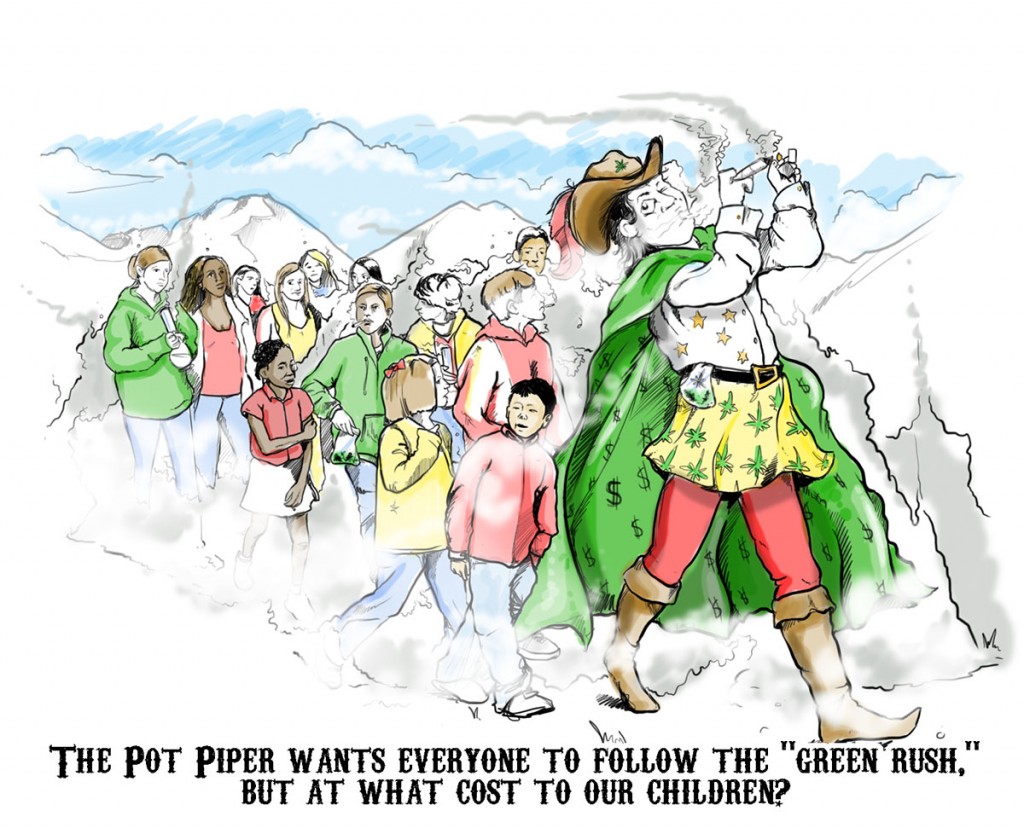
California is targeted for outright legalization in 2016, financed again by Soros and out-of-state billionaires. America is already on a trajectory for 1/4th to 1/3rd of its young people and their offspring to incur permanent brain damage. Since the burden of public health and safety now rests with local government and private citizens, we must lock arms and do all possible to protect our youth, or neither they nor we have a future as a nation
__________________________________________
ABOUT THE AUTHOR ….
ROGER MORGAN Chairman/Founder, Take Back America Campaign, 20 year anti-drug activist dealing with drug prevention at the local, state and national level. (www.tbac.us). Formerly Chairman and Executive Director of the Coalition for A Drug-Free California. Owner/CEO of Steelheart International LLC, engaged in international business development and has been an entrepreneur and businessman in California for 35 years. Formerly, he was Vice President of Volvo of America and General Manager of Volvo Penta of America; and engaged in sales, marketing and dealer administration with Caterpillar Tractor Company and Caterpillar Overseas. He is a graduate of Washburn High School in Minneapolis (1956), Colorado College (1963) and The Thunderbird Graduate School of Global Management (1964). He was Founding Chairman of the Coronado SAFE Foundation in 1997, a non-profit dealing with drug prevention; prior Board Member of the San Diego Prevention Coalition; member of the National Coalition for Student Drug Testing; and Special Advisor to the Golden Rule Society in Coronado. His passion for drug prevention stems from two step-children who became drug addicted at age 12 and 14 roughly 32 years ago, and two nephews who died from drug related causes. Morgan has authored two books, published on Amazon Kindle and Barnes and Noble, relating to marijuana and drug prevention. He is a frequent speaker and has written hundreds of articles on drugs and drug prevention.


